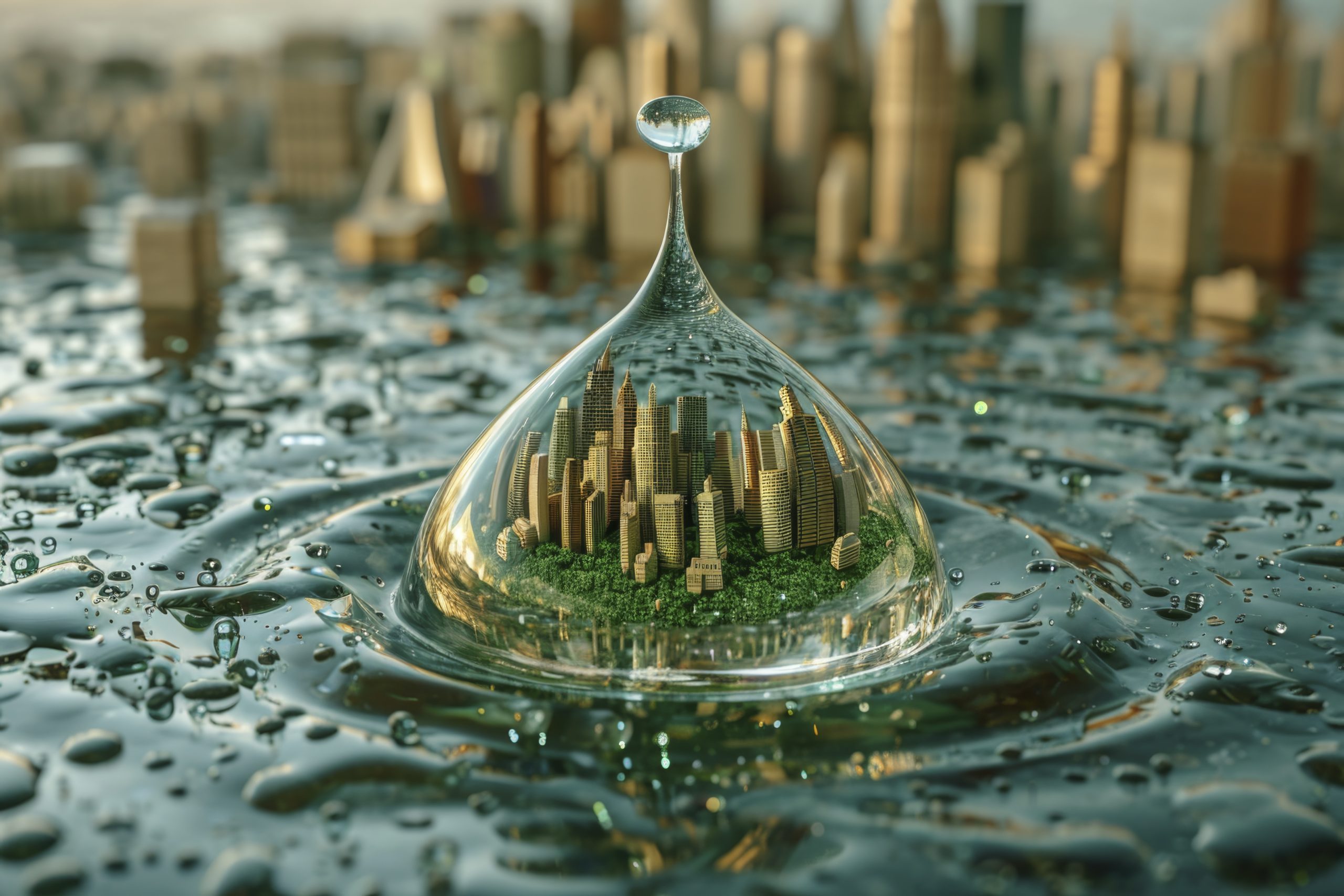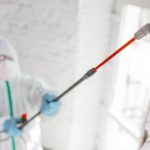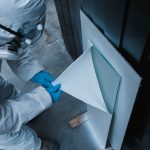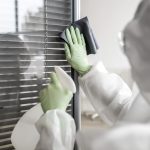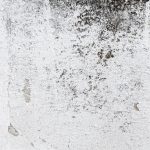
Water damage is one of the most common issues homeowners and business owners face, especially in areas like Naples, Fort Myers, Cape Coral, and Bonita Springs, where high humidity and storms are a part of life. While most people associate water damage with structural issues like rotting wood or stained walls, one often-overlooked consequence is its impact on indoor air quality.
In this blog, we’ll explore how water damage affects air quality, the health risks it poses, and what you can do to mitigate these effects. If you’re dealing with water damage, QCI is here to help with professional water damage restoration services. We’re based in Southwest Florida, serving the surrounding areas with eco-friendly solutions. Visit qci-online.com or call us at (239) 777-2875 for immediate assistance.
How Water Damage Leads to Poor Air Quality
Water damage doesn’t just affect what you see—it also affects what you breathe. The connection between water damage and poor air quality lies in the following factors:
1. Mold Growth
One of the most immediate consequences of water damage is mold growth. Mold thrives in damp environments, and water-damaged areas provide the perfect conditions for it to spread. Once mold takes hold, it releases spores into the air, which can lead to respiratory issues, allergic reactions, and even more severe health problems.
2. Increased Humidity
Water damage raises indoor humidity levels. High humidity can make your home or office feel uncomfortable and create an environment where dust mites and other allergens thrive. Additionally, prolonged exposure to high humidity can exacerbate asthma symptoms and other respiratory conditions.
3. Volatile Organic Compounds (VOCs)
When water damage affects building materials like drywall, wood, or flooring, it can cause these materials to break down. As a result, they may release VOCs into the air. VOCs are harmful chemicals that can cause headaches, dizziness, and other health issues, particularly in poorly ventilated spaces.
4. Bacteria and Pathogens
Standing water, especially after flooding, can become a breeding ground for bacteria and pathogens. As these microorganisms spread, they can release harmful particles into the air, further compromising indoor air quality.
Health Risks of Poor Air Quality After Water Damage
The decline in air quality caused by water damage can have serious implications for your health and well-being. Here are some common health risks:
- Respiratory Problems
Airborne mold spores and bacteria can irritate the respiratory system, leading to coughing, wheezing, and difficulty breathing. Individuals with asthma or allergies are particularly vulnerable. - Allergic Reactions
Mold spores, dust mites, and other allergens can trigger symptoms like sneezing, itchy eyes, and skin rashes. - Toxic Mold Exposure
Some molds, like black mold, release mycotoxins that can cause more severe health problems, including neurological symptoms. - Weakened Immune System
Prolonged exposure to poor air quality can weaken your immune system, making you more susceptible to illnesses.
Cities in Southwest Florida Most Affected by Water Damage
In cities like Naples, Fort Myers, Cape Coral, and Bonita Springs, water damage is a frequent issue due to the region’s high humidity, frequent storms, and susceptibility to hurricanes. Properties in these areas are at a higher risk for water damage, which means indoor air quality issues are more prevalent.
At QCI, we understand the unique challenges of living in Southwest Florida. Our team is trained to address both water damage and its impact on air quality, ensuring your property is safe and healthy.
Steps to Restore Air Quality After Water Damage
Restoring air quality after water damage requires prompt action and a combination of professional services and preventative measures. Here’s what you can do:
1. Address Water Damage Immediately
The first step is to fix the source of water damage, whether it’s a leaking roof, burst pipe, or flood. Professional water damage restoration services, like those offered by QCI, can help prevent further damage and reduce the risk of mold growth.
2. Use Dehumidifiers
Dehumidifiers help control humidity levels, making your space less hospitable to mold and bacteria. Keeping humidity below 50% is ideal.
3. Install Air Purifiers
Air purifiers with HEPA filters can capture airborne mold spores, allergens, and VOCs, significantly improving air quality.
4. Clean and Disinfect Surfaces
All affected surfaces should be thoroughly cleaned and disinfected to remove mold and bacteria.
5. Professional Mold Remediation
If mold is present, professional remediation is essential. DIY methods may not fully address the problem, allowing mold to return.
6. Air Quality Testing
After addressing water damage and mold, consider having your air quality tested to ensure it meets safe standards. QCI offers air quality testing services to residents and businesses in Southwest Florida.
Why Choose QCI for Water Damage Restoration?
At QCI, we specialize in water damage restoration, mold remediation, and air quality improvement. Our eco-friendly, chemical-free methods ensure your property is not only restored but also safe for your family or employees.
We proudly serve Naples, Fort Myers, Cape Coral, Bonita Springs, and surrounding areas. Whether you’re dealing with storm damage or a plumbing issue, we’re here to help 24/7.
- Location: Southwest Florida
- Phone: (239) 777-2875
- Website: qci-online.com
Water damage and poor air quality are deeply connected, and addressing one without the other can leave your property unsafe. From mold spores to VOCs, the hidden dangers of water damage can linger long after the initial event. If you’re in Naples, Fort Myers, or nearby cities, trust QCI to handle your water damage restoration needs with expertise and care.
Don’t wait—protect your property and your health. Contact QCI today or visit qci-online.com to learn more!


